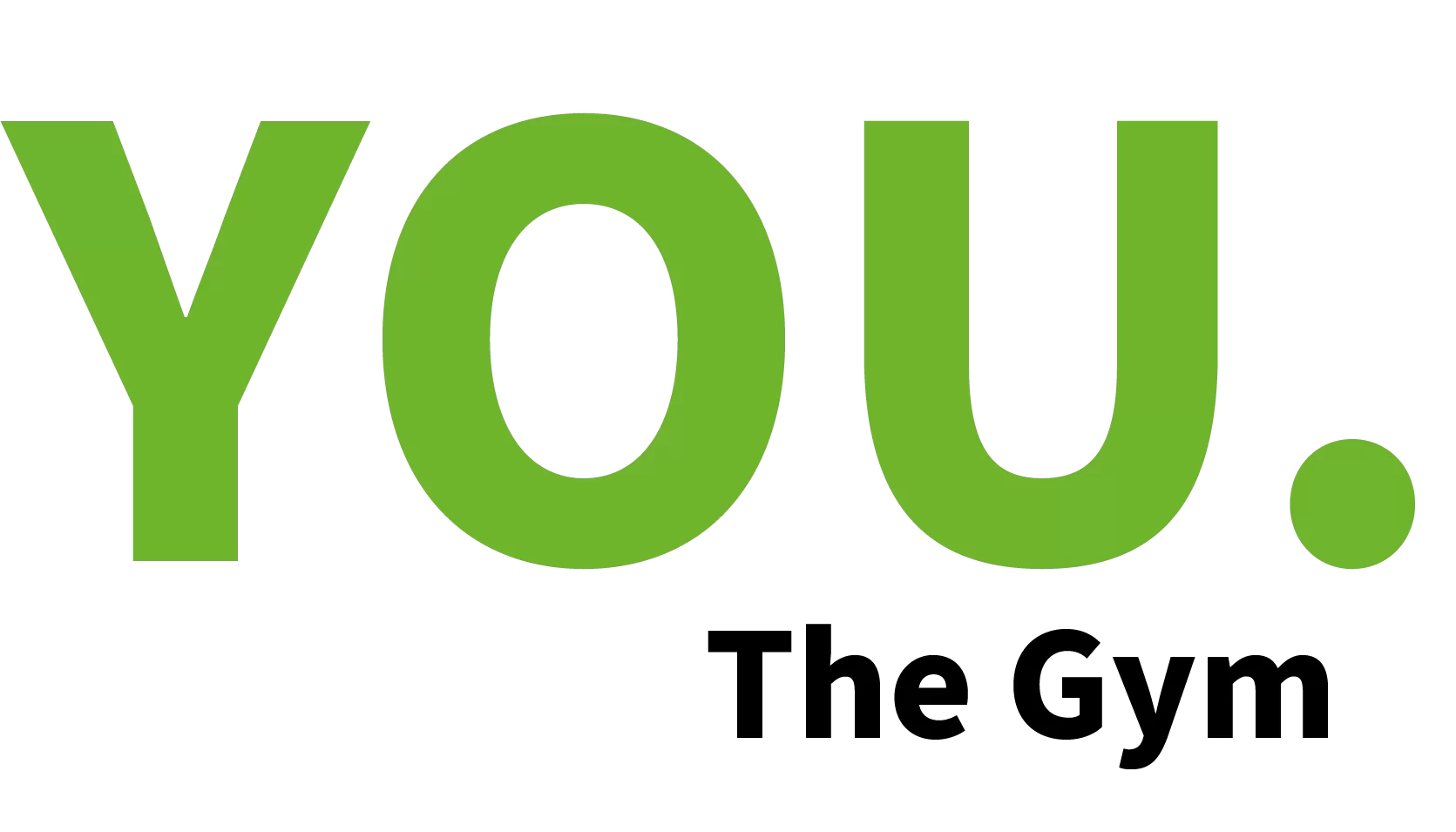
The danger of sitting and five exercises to combat the ill effects of working from home!
It is called a lot these days: “sitting is the new smoking.” Why is there actually such a violent reaction to sitting and what happens to our bodies when we sit a lot? You can read about that below! At the end of this blog I also discuss a few exercises you can use to reduce (home) office complaints. The sitting epidemic
Don’t let the title of this piece scare you, but let it make you come to your senses. Think about it, what do you do after you get up and have breakfast? Right, sit down to read the paper or watch a few more minutes of news. Then you get in the car to head to work sitting down. At the office, you walk to your workstation, where you take a seat on an office chair. Around 12:30 it is time for lunch, which you enjoy sitting down. After this you may join another meeting while sitting down. When it is five o’clock, you walk back to the car to, you guessed it, go home sitting down. Do you see a pattern emerging here? How is it that we manage to sit so long and routinely when our bodies are actually made to move? This is also why I speak of an epidemic. Our musculoskeletal system, which consists of more than 600 muscles and 200 joints, automatically compensates for this sitting. We recognize these compensations by rounded shoulders, back pain and even headaches.
Where does it go wrong?
Your body compensates for the posture you assume most every day. The tissues and joints create a support for this posture. So the body adjusts right away. If over the years you have been sitting a lot in the same “easy” posture, you will suffer a lot later on. If you have always sat with a rounded or extra hollow back, you will most likely develop complaints in your lower back or hips. Sitting with rounded shoulders? Then you may suffer from a “forward head” position (where the head and neck slide forward), headaches, neck pain and back pain. Because of all the hours you’ve spent in this position, it becomes automatic to assume this posture again. The most annoying thing about this is that it now becomes harder to break the compensation. Not only does this have a negative effect on how we WELL move the rest of the day, but the quality of our movements also suffers. When you get up, the compensation or deteriorated posture is still there. This creates problems in the complete daily life with which we mostly continue until (often) real pain is involved. Five exercises to combat complications
Below I give five examples of exercises you can use in the office or at home in front of the tube. With these you will break through your body’s compensations and improve your posture. Try to do these exercises at least three times a day, when you notice you have been sitting for a long time or, for example, when the meeting is over: 1. Grasp the elastic band in both hands with arms extended. Turn your hands so that the thumbs point behind you, stretch the band with arms extended as far apart as possible. Repeat in three sets of ten repetitions 2. Put your hand against the wall at shoulder height. Turn your upper body 90 degrees away from your hand so that it is stretched behind your body. Hold for 20 seconds and repeat twice with both arms. 3. While on your knees behind your desk chair, place your hands shoulder-width apart on the back of the chair. Slowly sink your body toward your heels and lower your head between your arms. Hold for 30 seconds. 4. With one leg bent on your office chair, put one foot stretched against the backrest. Tighten your buttocks and try to stand as upright as possible. Hold for 20 seconds and repeat twice with both legs It is of course possible to move more while working in addition to these exercises. That’s just what we want! Change positions a lot and sit differently each time you return to your workstation. Take a walk around the office when you’re on a call or after every five emails you answer.
Another great challenge for yourself and also exercise 5: Every time you get up from your chair, do five squats (knee bends). Not only will you get stronger, but your body will thank you forever!
